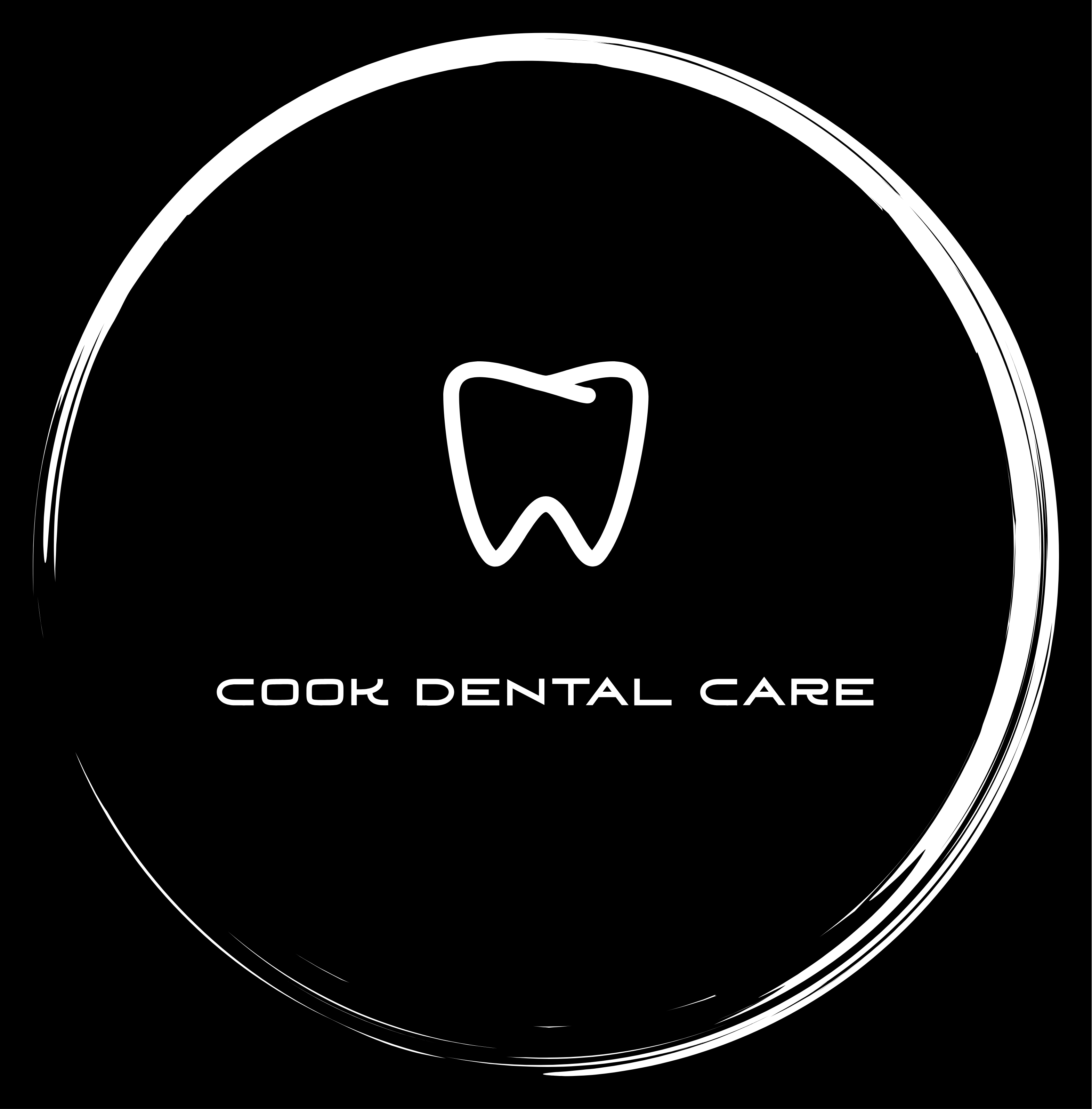Oral Surgery in Vacaville, CA

Oral surgery is a branch of dentistry that focuses on surgical procedures involving the mouth, teeth, and jaw. While most dental issues can be resolved with non-invasive treatments like fillings or cleanings, there are instances where oral surgery becomes necessary.
Common Types of Oral Surgery Procedures
Oral surgery is a specialized branch of dentistry that encompasses a wide range of procedures. Oral surgeries are performed by qualified dentists to address different dental issues relating to the teeth, jaw, or soft tissues of the mouth.
The following are the most common types of oral surgery procedures:
- Tooth Extraction
One of the most common types of oral surgery is tooth extraction. This procedure is carried out when a tooth is severely damaged or decayed and cannot be saved with other treatments like fillings or root canals.
- Dental Implant Placement
Dental implants are used to replace missing teeth with artificial ones that look and function like natural teeth. The implant is surgically placed into the jawbone, providing a strong foundation for the replacement tooth.
- Wisdom Teeth Removal
Many people experience problems with their wisdom teeth, such as impaction or overcrowding in the mouth. In these cases, our dentist may recommend extracting one or more wisdom teeth to alleviate pain and prevent further complications.
- Corrective Jaw Surgery
Also known as orthognathic surgery, corrective jaw surgery aims to correct abnormalities in the jaw structure that affect bite alignment and facial appearance.
- TMJ Disorder Treatment
Temporomandibular joint (TMJ) disorders can cause chronic pain and discomfort in the jaw joint area. Oral surgeons may perform arthrocentesis or arthroscopy procedures to address these conditions effectively.
- Cleft Lip/Palate Repair
Cleft lip/palate repair involves correcting birth defects where there is an opening in either the upper lip (cleft lip) or the roof of the mouth (cleft palate). Oral surgeons work alongside plastic surgeons to restore normal form and function.
Preparing for Oral Surgery
Preparing for oral surgery is an important step in ensuring a successful procedure and smooth recovery. While it's normal to feel some anxiety about the upcoming surgery, being well-prepared can help ease your worries. Here are a few key steps you can take to prepare yourself physically and mentally:
- First and foremost, make sure to follow all pre-operative instructions provided by your oral surgeon. This may include fasting for a certain period of time before the surgery or avoiding certain medications that could interfere with the anesthesia. It's crucial to adhere to these guidelines as they are designed to minimize any potential risks during the procedure.
- Additionally, arrange for someone you trust to accompany you on the day of surgery. Since you will be under the effects of anesthesia, having someone there who can drive you home safely is essential. They can also provide support during your recovery period.
- Stock up on soft foods and liquids ahead of time, as your mouth might be sensitive following oral surgery. Items like soups, smoothies, mashed potatoes, and yogurt will be easier on your healing gums or jaw.
- Create a comfortable recovery space at home where you have everything within reach - pillows, blankets, and entertainment options - so that you can relax and focus on resting after your procedure.
By taking these preparatory steps seriously, you'll set yourself up for success both during and after oral surgery.
Recovery After Oral Surgery
Recovery after oral surgery is an important phase that requires careful attention and adherence to post-operative instructions. While the recovery process can vary depending on the specific type of oral surgery performed, here are some general guidelines to follow:
- Immediately after your surgery, you may experience some discomfort and swelling in the surgical area. It's normal for this to peak within 48-72 hours before gradually subsiding. To manage pain, your dentist or oral surgeon may prescribe medication or recommend over-the-counter pain relievers.
- During the initial days following surgery, it's crucial to take proper care of your mouth. You should avoid rinsing vigorously or using a straw, as these actions can dislodge blood clots and delay healing. Instead, gently rinse with warm saltwater solution multiple times a day.
- To promote faster healing and minimize complications, it's essential to maintain good oral hygiene practices during recovery. However, be cautious when brushing near the surgical site to avoid irritation or injury.
- In terms of diet, stick to soft foods that require minimal chewing for a few days after surgery. This will help prevent any unnecessary strain on the surgical area while allowing time for healing.
- It's also vital to attend all scheduled follow-up appointments with your dentist or oral surgeon. They will assess your progress and provide additional guidance if needed.
Remember that everyone heals at their own pace, so be patient with yourself during this recovery period. If you have any concerns about your healing process or experience prolonged pain or other unusual symptoms, don't hesitate to reach out to your dental professional promptly.
Conclusion
Oral surgery is a specialized field of dentistry that involves surgical procedures to treat various conditions and improve oral health. It encompasses a wide range of treatments, from routine extractions to complex reconstructive surgeries.
While oral surgery may sound intimidating at first glance, it is often necessary to address underlying dental issues that cannot be resolved through non-surgical means alone. By seeking treatment from a qualified oral surgeon and taking proper care before and after the procedure, you can achieve improved oral health and overall well-being.
If you believe that you may require oral surgery or have any concerns about your dental health, consult with an experienced dentist or specialist who can provide guidance tailored to your specific needs. Remember: prevention is always better than cure when it comes to maintaining good dental hygiene!
To learn more about the oral surgery procedures we offer, call Lorin Cook, D.D.S., at (707) 474-9621 or visit our dental office located at 595 Buck Ave. # F, Vacaville, CA 95688.
Visit Our Office
Office Hours
- Monday9:00 am - 6:00 pm
- Tuesday9:00 am - 6:00 pm
- Wednesday9:00 am - 6:00 pm
- Thursday9:00 am - 6:00 pm
- Friday9:00 am - 6:00 pm
- SaturdayClosed
- SundayClosed
595 Buck Ave # F,
Vacaville, CA
Phone : (707) 474-9621Text Us : (707) 474-9621
